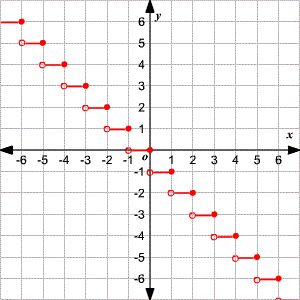Test: Introduction to Control Systems - 1 - Electrical Engineering (EE) MCQ
10 Questions MCQ Test Control Systems - Test: Introduction to Control Systems - 1
As compared to an open loop system, a closed loop system is:
The most commonly used input signal(s) in a control system is/are:
The Laplace transform of a 4 second transportation lag element is
Assertion (A): Closed loop control systems are known as feedback control systems.
Reason (R): In closed loop control systems, the control action is dependent on the desired output.
As compared to a closed loop system, an open loop system is:
Which of the following are the not characteristics of the closed loop systems?
Assertion (A): The control system which operates on the time basis is an open loop system.
Reason (R): A field control d.c. motor is an example of open loop system.
A ramp function occurs at t = a. It's Laplace transform is:
In open loop control systems, the control action is independent of the desired________.
|
53 videos|74 docs|40 tests
|






















